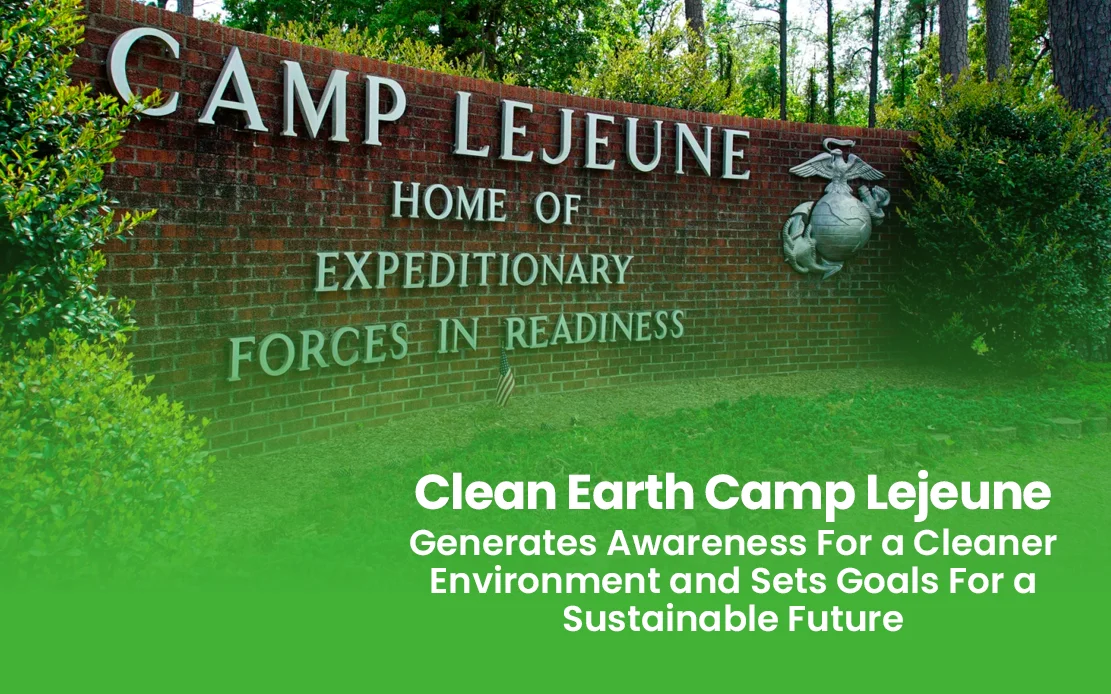The Base or Camp Lejeune, as it is more commonly known, encompasses the Marine Corps Base (MCB) Camp Lejeune and Marine Corps Air Station (MCAS) New River. They are based in Onslow County, North Carolina, south of the City of Jacksonville. And cover a massive area of 156,000-acre.
These military installations have been a major source of pollution for the soil, sediment, surface, and groundwater resources in the past and even currently. The Environmental Protection Agency placed camp Lejuene on the Superfund national Priorities List on October 4, 1989. Additionally, the North Carolina Department of Environmental Quality (NCDEQ) signed a Federal Facility Agreement (FFA) for reclamation of the site in February 1991.
To start off the cleanup activities, the FFA investigated the most polluted sites and the common types of wastes generated at the camp Lejeune. After the initial investigation they took incremental steps to curb the pollution and protect the communities from the detrimental effects of the pollution. The EPA, the NCDEQ along with the navy have established clean-up reviews known as Five-Year Reviews to enforce the clean-up of Camp Lejeune.
To clean up the site, it has been divided into operable units, each of which is individually monitored. Several steps have been taken to remediate the contaminated sites. One of them was to remove and safely dispose of the contaminated soil, old batteries, waste liquids, and dense non aqueous phase liquids from the site. In addition to this a groundwater treatment system and a bio-treatment cell for contaminated sites were also installed by the navy.
With a special focus on soil treatment, the navy took measures to treat common pollutants with high temperatures to extract them out of the soil and dispose of them responsibly.
The EPA currently focuses on groundwater treatment at the camp Lejeune and has designated three groundwater water treatment systems at the site. In addition , they have also initiated a crackdown against per- and polyfluoroalkyl substances (PFAS) and have begun to identify the potential sources of these “forever chemicals”.
Camp Lejeune has been the site for multiple pilot studies, all targeted towards the environmental remediation of the site. The studies aim to optimize the best technologies and methods for the treatment of groundwater and treat polluted soil to safeguard the community living around the campsite. The site is reviewed every five years and the most recent review occurred in 2020. In the review it was communicated that the efforts of clean up in camp Lejeune are to indeed serve the communities. They are directed towards minimizing pollution and the detrimental effects of harmful pollutants on the environment and the communities in the surrounding areas of the camp.









